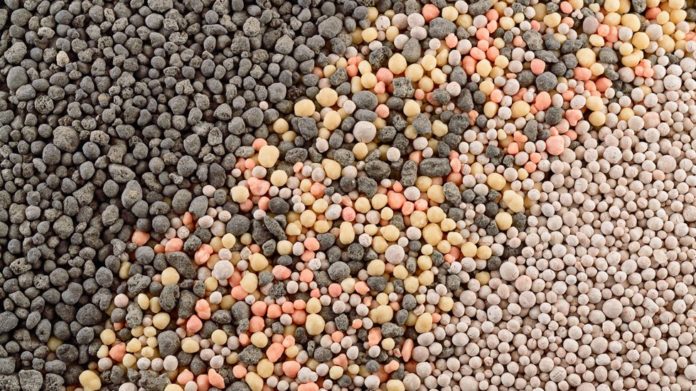Land-locked Rwanda is feeling the burn of how heavily it depended on Russian fertilisers.
The country does not have its own fertiliser producing plant and imports 14% of the product and 64% of wheat from Russia.
According to Cordaid, a Netherlands based non-governmental organisation, Russia’s invasion of Ukraine is further disrupting a global and liberalised food system, and Rwanda has not been spared.
“The worrying thing is that we don’t have one local fertiliser production plant. Sourcing our fertilisers from new suppliers could come with prices that are simply not affordable to most farmers”, Shyaka Revocatus, a Cordaid value chain advisor based in Rwanda, said.
“And relying too heavily on organic fertilizers and local smallholder farming does not solve the acute food crisis in the short term. It doesn’t yield enough on a national scale. You can focus on organic farming only once you have enough to feed the hungry in your country”, he added.
Revocatus added: “64% of wheat and 14% of fertilizers in Rwanda come from Russia. Wheat is a critical product, used by everyone. And we can’t produce it at scale ourselves, being a small and mountainous country.
Our soil is too acidic, and we lack arable land surface. We already see that wheat, but also cooking oil and fertilisers are harder to get by. In the past weeks prices of these commodities have increased significantly. That’s why the government is now promoting locally produced substitutes for wheat, like cassava and sweet potatoes. These are our traditional food stocks. But people have grown used to the taste of bread made of imported wheat.
“And to firmly stay connected, on more equal terms, to international trade. Because no one is an island. And nothing is more critical than food. Whether it’s wheat bread, maize bread, millet bread, or cowpea bread.”
Revocatus called on governments in Africa to invest more in local value chains to protect citizens against food shortages.
“Governments in Africa are key players. Their import and export policies must include social protection of domestic consumers, who can now barely pay for food, and of local farmers. For example, by investing more in local value chains, local smallholder farmers and local and preferably climate-resilient varieties, as we see now in Rwanda and Senegal.”









